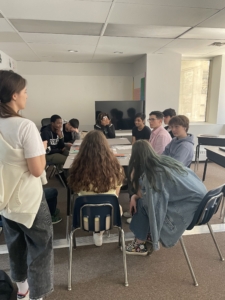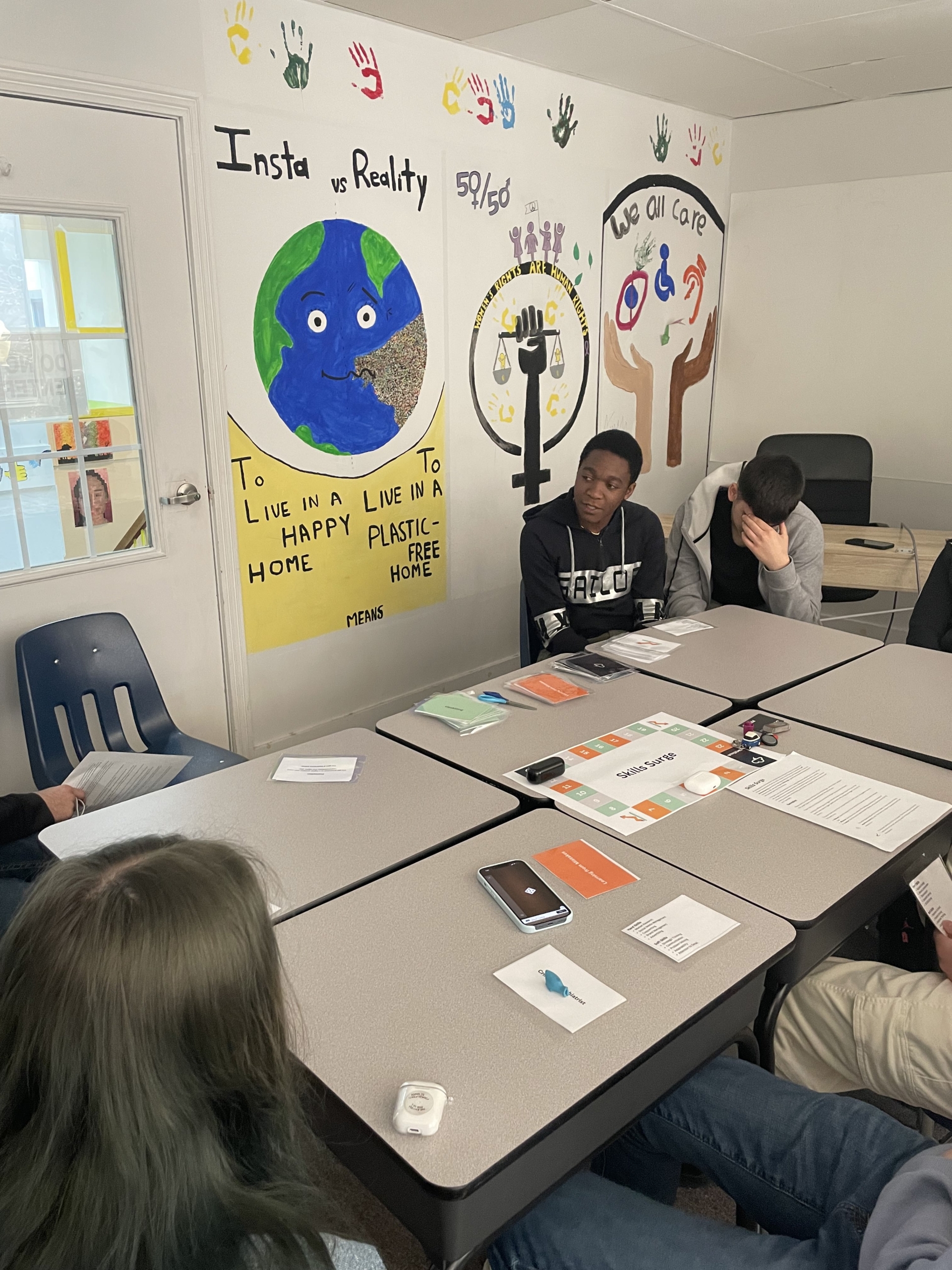If you caught our previous blog post on experiential learning, you’ll recall that this method of teaching is one we employ liberally and enthusiastically here at Keystone. As educators who particularly engage with international students who are encountering a new culture and language for the first time, we recognize how vitally important it is for the skills learned in the classroom to be brought into and applied to the real-world.
This is something that, as we discussed in our previous blog post, is very important for our ESL students who benefit profoundly from using English in realistic, unscripted conversations with native speakers.
It’s pretty clear that experiential learning is something that is very easy to accomplish by taking students outside of the classroom, especially those studying second languages. But, did you know that experiential learning is an approach that can be implemented inside the classroom as well, in courses that are not necessarily language-based? Ms. Oxana (the same teacher who took her ESL students out into the streets in our previous blog post) recently developed a lesson plan centered around experiential learning for the grade 11 students in her Learning Strategies (GLE3O) course.
This particular lesson involved the students playing a board game specifically designed to emulate real-world scenarios. The description of this board game can be found below. (Thank you to Ms. Oxana for providing the details!)
Skills Surge is a fun board game that we’ve created to help our GLE3O students develop their self-directed learning skills and realize the value of lifelong learning. The game provides an immersive learning experience by simulating the challenges faced by young professionals in their careers. Players assume the role of young professionals and navigate through a variety of real-life scenarios encountered in the workplace to gain valuable experience points. By completing challenges, players can also develop problem-solving, decision-making, and critical thinking skills that are essential in today’s ever-changing and unpredictable work environment.
One of the coolest things about Skills Surge is its real-world applicability. Players may encounter unexpected events like a global economic recession or a pandemic that can pose setbacks to their careers. But, they might also land career-boosting learning opportunities that help them gain extra experience points.
One scenario that was observed in the game involved a student, Charlie, who had assumed the role of an HR professional realizing that he sent a confidential email to the entire staff of his company, rather than just to the intended recipient. The question posed to Charlie was how he would rectify this error and what approach he would take in this exact professional setting to diffuse the situation. The other students were also encouraged to share their suggestions.

All this to say that experiential learning is something teachers can incorporate into their lessons however they see fit. The sky is truly the limit here, and even if it is not always possible to take students outside the classroom or school, there are always options available to make learning more realistic and applicable, even within the four walls of the class. All it takes is a bit of creativity, passion and imagination!
Be sure to follow along with us as we continue to explore the ever-growing possibilities for experiential learning at the primary and secondary level.







